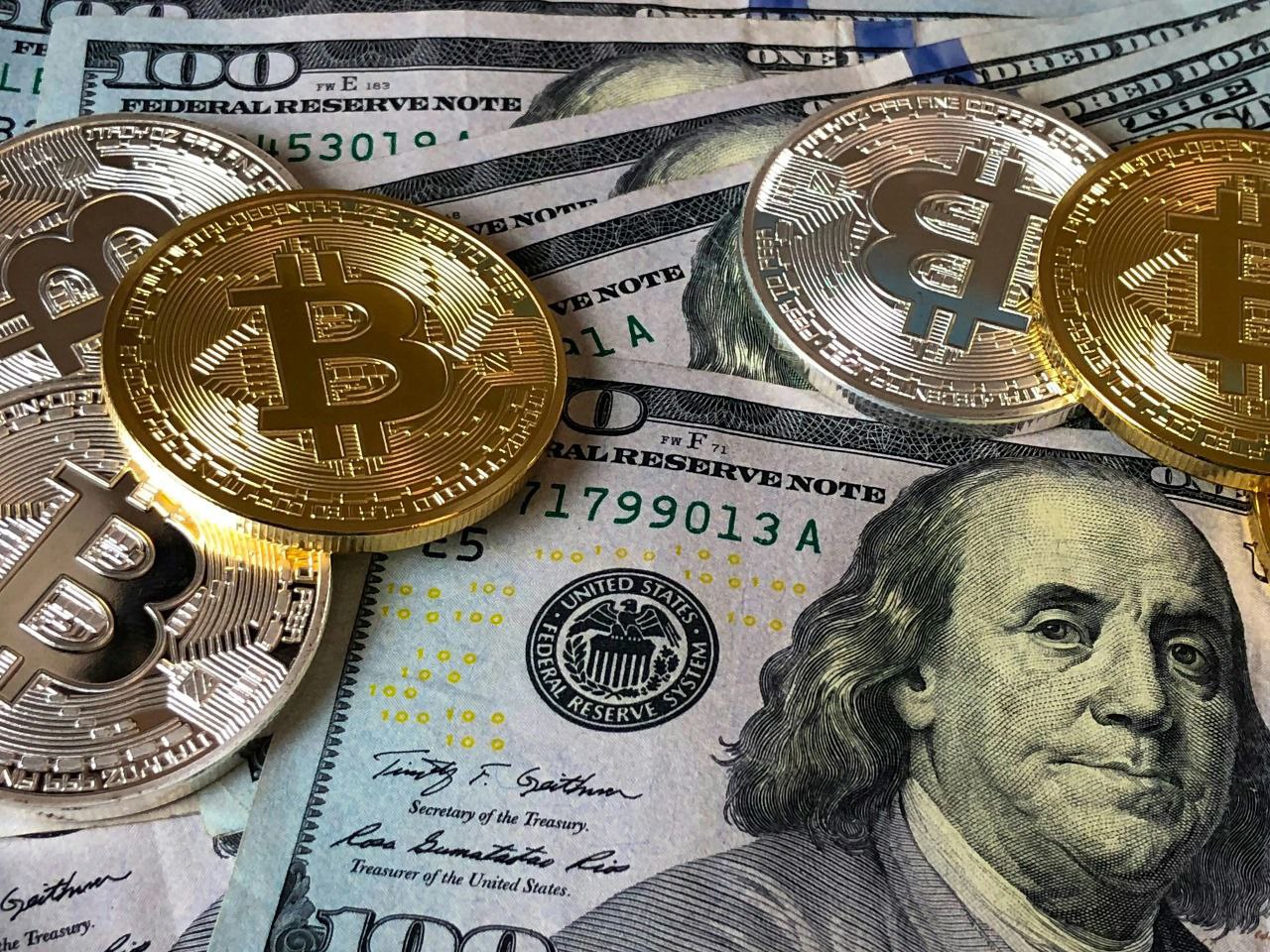Summary:
1. Japanese investors are heavily betting on the appreciation of the yen.
2. Nvidia's recovery adds $400 billion to its market capitalization in just a few days.
3. The US Producer Price Index rose less than expected in July.
4. The Reserve Bank of New Zealand decided to cut interest rates in its August meeting.
Japanese investors are heavily betting on the rise of the yen.
Retail investors in Japan are wagering on further increases in the yen's value, even as it retreats from some gains made in recent weeks. Data released by the Tokyo Stock Exchange show that retail traders maintained net long positions in the yen against 14 foreign currencies, with a total value of 431 billion yen (approximately $2.9 billion), marking a 22% increase since the Bank of Japan raised interest rates last month. These long positions indicate strong confidence in the yen's potential rise. The prospect of the Federal Reserve cutting interest rates and increasing market volatility has deterred many traders, further supporting the yen's ascent. Additionally, the risk of falling stock prices is likely to push the Japanese yen higher against other currencies.
Nvidia's recovery adds $400 billion to its market value in just a few days.
Nvidia's stock price surged by about 17% in the past few days, adding more than $400 billion to its market capitalization. Ivana Delevska, head of investment at Spartan Invest, stated, "Nvidia has delivered a lot of good news in this earnings season, but the impact of trading actions was so significant that the positive news wasn’t influential. Now that the technical pressure has eased, the market has returned to fundamentals, resulting in the stock price increase." Nvidia's rebound has also surprised traders, who were betting on further declines.
The U.S. Producer Price Index Rises Less Than Expected in July
The Producer Price Index (PPI) in the United States increased by 0.1% in July compared to the previous month, which was lower than the anticipated rise of 0.2%. Furthermore, it rose by 2.2% compared to the same month last year, also falling short of expectations. Weak consumer demand has forced sellers to cut prices, resulting in significant decreases in prices in industries such as machinery, wholesale auto sales, and others. Against the backdrop of declining inflationary pressures, the market is anticipating that the Federal Reserve will implement a series of interest rate cuts starting next month, potentially lowering rates by 50 basis points.
The New Zealand Reserve Bank's Interest Rate Decision in August
The Reserve Bank of New Zealand unexpectedly decided to cut interest rates by 25 basis points during its August meeting. Members believe that all inflation measures have decreased, and components of the Consumer Price Index that are sensitive to monetary policy have dropped even further. It is expected that headline inflation will return to the target range in the third quarter.


